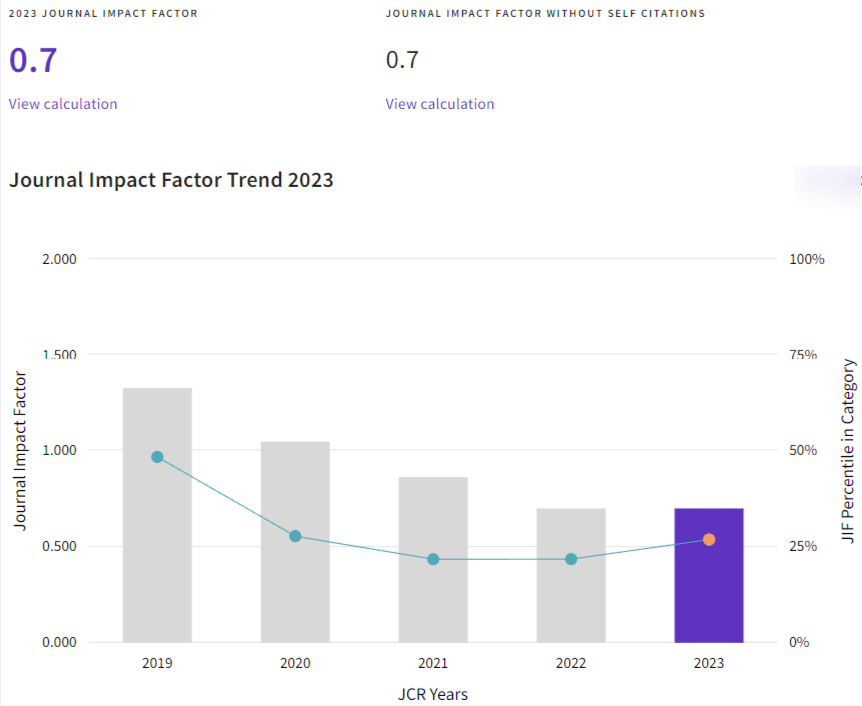Acaricide resistance in Rhipicephalus (Boophilus) microplus: Current status and mechanisms of resistance
Keywords:
Resistance, Rhipicephalus (Boophilus) microplus, Acaricides, Mechanisms of resistanceAbstract
Rhipicephalus (Boophilus) microplus is an endemic cattle pest in tropical and subtropical regions of the world, causing major economic losses to cattle producers. Chemical acaricides have played a pivotal role in the control of R. (B.) microplus; however, as a consequence of extensive use of acaricides, this tick specie has developed resistance to all major classes of acaricides worldwide. Resistant to organophosphates, synthetic pyrethroids and amitraz has been reported mainly in Australia and Latinoamerica. The acaricide resistance in ticks is conferred primarily by two major physiological mechanisms: target site insensitivity and metabolic detoxification. Alone and or in combination these mechanisms confer resistance to all of the available classes of acaricides. In the present review we present the current status of R. (B.) microplus resistant to acaricides worldwide (with emphasis in Mexico) and the most important mechanisms involved in this phenomenon.Downloads
Downloads
Published
How to Cite
-
Abstract401
-
PDF (Español)268
Issue
Section
License

This work is licensed under a Creative Commons Attribution-NonCommercial-ShareAlike 4.0 International License.






